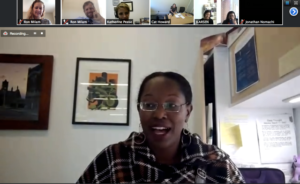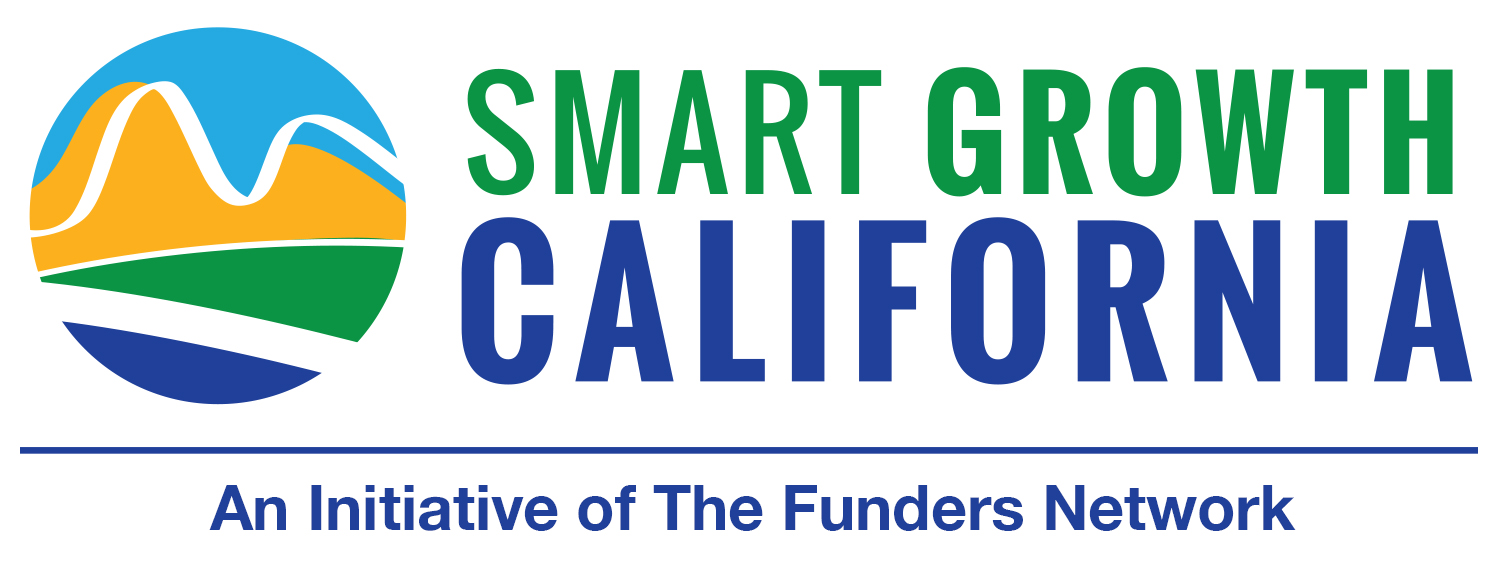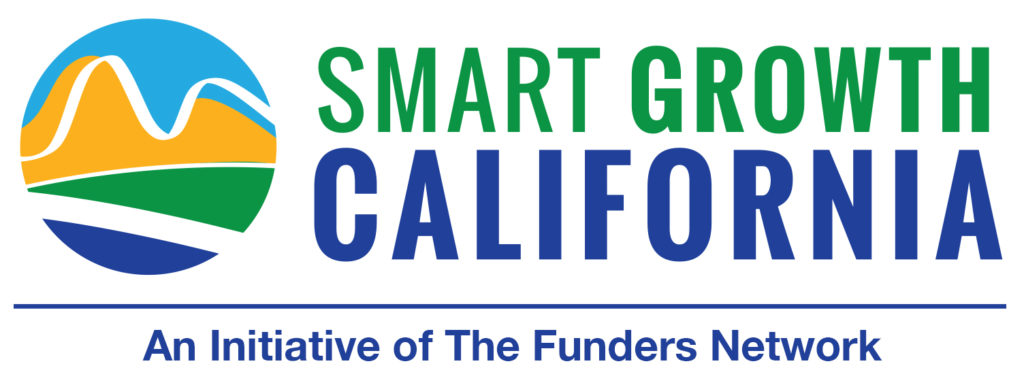Last week, Smart Growth California hosted a video conference for funders to learn about the challenges and opportunities for impact investing in low-income communities and other communities in which it is typically harder to deploy capital. In this blog, we summarize the highlights of the webinar.
Impact Investing: A Giving Tool for Foundations That’s Gaining Traction
For a few years now, impact investing has been a buzz topic amongst funders. Because traditional forms of capital seldom reach the most high-needs communities in our regions, philanthropic capital investments can serve as an intermediary to boost the ability of individuals, businesses, and communities to succeed in the traditional marketplace.
A growing number of foundations are working toward aligning their programmatic and traditional grantmaking goals with a variety of investment tools to enhance opportunities for low-income communities. The Global Impact Investing Network’s annual survey reported that in 2016, $114 billion of impact-capital was deployed by the 209 asset owners surveyed. This is likely a fraction of those who are beginning to utilize impact investing as a giving tool.
Many foundations that serve low-income communities of color are leading the way in developing a model to encourage broad-based, place-based impact investing across all asset classes. The California Endowment and The Kresge Foundation are two of the major foundations that have taken the leap to explore new tools for creating change in their target communities.
How The Kresge Foundation Created an Integrated Strategy for Impact Investing
The Kresge Foundation’s Environment program was recently tasked with creating a new strategy for urban flooding, climate change, and equity. The foundation has been making investments beyond grantmaking since 2007, and made an institutional commitment in 2015 to deploy $350 million in social investment funding by 2020.
It was only natural that this strategy became a key component of the Kresge Foundation’s planning within its Environment Program. Program staff convened an intentional space of the three institutional stakeholders: program staff, whose goal was to deploy grants that help cities build climate resilience through mitigation, adaptation, and social cohesion; the social investment team, tasked with utilizing the variety of investment tools at their disposal; and the traditional investments team whose focus was ensuring market returns on all investments made.
The three departments recognized that determining a path may be challenging, so brought in a hybrid team of consultants to work with them and develop a theory of change. Together they developed an integrated strategy for investment as well as a “deal pipeline” that aligned opportunities for grant funds, investments, and social investments.
The California Endowment and Freshworks
The California Endowment, in contrast, began exploring their impact investment strategy during the 2008 recession, and solidified a strategy in 2011. They worked to understand both the need for such investments in California, as well as the opportunities and constraints it would create on their traditional mission-oriented grantmaking.
The California Endowment then made a $100 million pledge to deploy program-related capital intended to address market failures, fill financing gaps, and promote innovative ideas in communities across California. They brought together an interdepartmental team to explore how to structure lending that aligned with program goals.
One of the first coordinated efforts of the Endowment’s program-related investments was Freshworks, a program to issue loans to nonprofit and for-profit entrepreneurs developing innovative solutions to expand healthy food retail. The first iteration of Freshworks, from 2011 – 2016, primarily made multi-million dollar, low-interest transactions to grocery stores in “food deserts” across the state.
After five years and a thorough evaluation process, Freshworks 2.0 will launch early 2018 to offer a revised model for loans and a greater variety of tools to fledgling businesses. With a full suite of upfront support and technical assistance, Freshworks will continue to promote the success of their partners in the traditional marketplace, receive market returns, and reach their mission-aligned goal of promoting healthy food access.
Lessons Learned
The Kresge Foundation and The California Endowment shared key learnings from the institutional processes that led to the planning and execution of their impact and program-related investment strategies.
Both foundations:
- Recognized the significance of the organizational shift that taking on a new giving strategy would require and as such, brought key stakeholders to the table to ensure organizational buy-in. This included determining when and how to bring in outside support.
- Defined their “bullseye”: the intersecting goals of mission alignment and market returns, as well as determined the level of flexibility they would allow in their efforts to hit the bullseye.
- Identified the gaps in loan readiness of their partners and utilized a long-range strategy of coupling their loans with a full suite of grant support and technical assistance to lay the groundwork for investments.
- Regularly evaluate their investments to continually assess the highest and best use of these new tools.
Resources on Impact Investing
- The California Endowment’s Freshworks Evaluation Report
- The Kresge Foundation’s Climate Resilient and Equitable Water Systems Capital Scan
- Colorado Impact Report: A Web of Place-based Impact Investing and Community Wealth Building Opportunities by Cornerstone Capital Group
- Place-Based Impact Investing: How to Invest In Your Own Backyard by Lauryn Agnew, Founder of the Bay Area Impact Investing Initiative (www.baiii.org)
You also may want to check out the Confluence Philanthropy Annual Gathering in Berkeley March 12-15, 2018.
Sharing Our Gratitude
Thank you to The Kresge Foundation, The California Endowment, and Cornerstone Capital Group for your leadership on impact investing. We would especially like to thank our speakers:
- Jalonne White-Newsome, The Kresge Foundation

- Judi Larsen and Amy Chung, The California Endowment
- Cat Howard, Northern California Community Loan Fund
- Moderator: Katherine Pease, Director of Impact Investing, Cornerstone Capital Group
We also want to share our gratitude to the 30+ funders who participated in our video conference and made it so lively and inspiring. This is clearly an area of great interest and potential!

